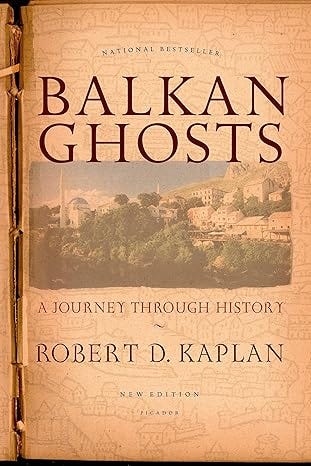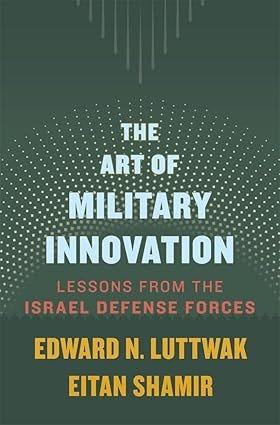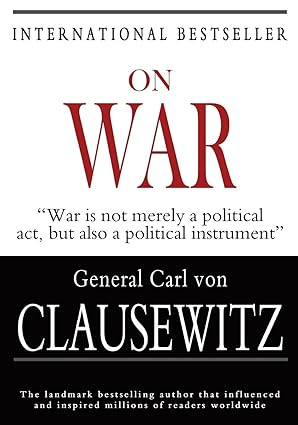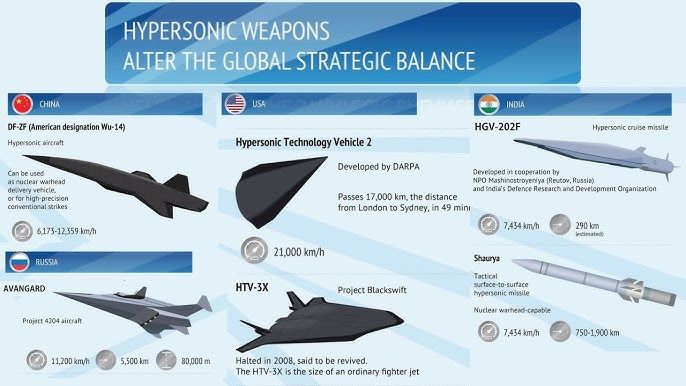Greetings to those who share a passion for military history, strategy, and insightful reading! We are Dave Gran and Phil Gentile, two retired Marine Corps Intelligence Officers passionate about military history, strategy, and the critical issues that shape our world. After decades of service and countless hours spent in the pursuit of knowledge, we've come to realize that there's a need for a platform that brings together the wealth of military literature found in the public domain and numerous service and military leadership reading lists. That's why we're excited to introduce you to our new venture, The Military Reading Room - History, Strategy, and Insights.
Our Mission
This newsletter is straightforward yet ambitious: to create a platform that fosters education and discourse, that encourages deep reading and well-reasoned discussions, and that collaboratively informs and enriches the reader - both active military personnel and non-military individuals alike - to military topics to broaden their understanding and appreciation of military history, strategy, and events. We believe an informed citizenry is essential for making better decisions and grasping the critical issues affecting our world. Whether you’re a service member, veteran, historian, or simply someone with a keen interest in military affairs, our goal is to provide you with a resource that enriches your understanding and provokes thought. We envision The Military Reading Room and its associated website, MilitaryReadingList.com, as the go-to platforms for military history, strategy, and national security book summaries and reviews. We hope this will foster an awareness and understanding of the broad range of security issues critical to our nation through reading, discussion, and continuous learning. We aim to build a community where ideas can be exchanged, debates can flourish, and the pursuit of knowledge never ceases.
What to Expect in Our Newsletter
Our content will span a wide range of military topics, structured to make it accessible and engaging for both the seasoned reader and the newcomer. Here’s a glimpse of what you can expect:
Organization
Our individual posts will fall into one of the following themes:
Future History. No, we will not try to “crystal-ball” the future. Context is critical when trying to understand an issue. We can gain some context by reading about the history and culture of the region or issue. There is always competition for resources on our planet, and regional tensions caused by various factors, whether economic, religious, or security-related, prevail. Future History, from our perspective, is a play on words to identify some topic that is so important that we need to learn more about it through deeper reading to gain historical context, to understand the ‘driving’ issues and interests underpinning the contours of the contemporary conflict. As Mark Twain said, “history doesn’t repeat itself, but it often rhymes.” Each conflict is different, with new wrinkles, shifts, and nuances; however, current issues rest upon previous conflict and their outcomes. Recognizing these political, economic, and cultural factors are the driving issues and is invaluable to understanding contemporary conflicts and, ultimately, to our better-informed decision-making.
For example, during the 90s, the book From Beirut to Jerusalem by Thomas L. Fredman was frequently recommended to Marine Expeditionary Units operating in the Mediterranean Sea. The author wrote about his experiences as a journalist in the Middle East, focusing on Lebanon’s civil war and Israel’s political dynamics. It helped to provide insights into the region’s conflicts, cultural tensions, and the broader geopolitical landscape.
Another example from a past conflict is the book Balkan Ghosts by Robert D. Kaplan. The Balkans War in the 1990s, primarily involving the breakup of Yugoslavia, was marked by ethnic conflict, genocide, and widespread atrocities. The U.S. European Command and NATO were heavily involved. This book, published in the early 1990s, was widely recommended for its insights into the history and ethnic tensions in the Balkans.
New Reads. The abundance of new books is both a gift and a challenge. On one hand, an endless supply of knowledge, stories, and ideas is waiting to be explored. On the other, there’s the reality that no matter how much you read, there will always be more great books left untouched. Our New Reads section aims to tackle this challenge by offering concise summaries of timely and highly regarded books.
From the Book Vault. Some books endure because they continue to offer valuable insights long after their initial release. While new titles flood the market, these timeless works have stood the test of time, proving their relevance again and again. Our From the Book Vault section revisits these enduring classics, highlighting why they remain essential reads and what they can still teach us today.
The Reading Lists. Our Military services and seasoned leaders carefully curate reading lists to develop critical thinking, tactical and strategic insight, and leadership skills. These lists are more than just recommendations; they’re a window into the minds and values that guide military professionals. In our Reading Lists section, we explore books that are featured on official military reading lists and personal recommendations from respected leaders.
Book Reviews. Some books warrant a closer look, whether for their depth, influence, or the unique perspectives they offer. In our Book Reviews section, we dive deeper into select titles, offering more than just summaries—we provide critical insights and evaluations. To ensure our reviews are both informed and impactful, we will tap into the knowledge of military professionals, bringing in voices with firsthand experience and understanding. This collaborative approach helps us deliver reviews that go beyond surface-level commentary, offering readers a well-rounded view of the book’s relevance and value.
Military Happenings. The U.S. Department of Defense, military services, and most foreign global powers publish open-source documents that provide insight into national and military strategy. These documents outline the different nations' strategic objectives, military doctrines, and defense policies. The documents can also help us understand national interests, perceived and emerging threats, modernization, and technology trends. All of this can help us focus on what to read next.
What are they Reading? In this section, we highlight what respected military leaders are currently reading and explore why these books matter to them. From timeless classics to recently released biographies, these selections reveal the ideas shaping their views and decisions today. Whether it’s a well-known general revisiting a famous military text or an active duty commander exploring fresh perspectives, these reading choices offer a glimpse into how they stay informed and engaged with important concepts in leadership and history.
Emerging Technology. Although not directly tied to military history or strategy, understanding emerging technology is crucial for anyone studying warfare. Technological advances have always reshaped how wars are fought, from introducing gunpowder to developing precision-guided munitions. This section explores the latest technological innovations that could transform the battlefield, discussing their potential impact on military strategy, tactics, and leadership. Whether it’s AI-driven systems, autonomous vehicles, or cyber capabilities, staying informed about these shifts helps us anticipate how future conflicts may unfold and how they relate to historical lessons.
Key Weapon Systems. Much like emerging technologies, this section will explore the important weapon systems that play a crucial role in modern military operations. From advanced rifles to state-of-the-art missiles and drones, understanding these systems is key to understanding the tools used to fight battles and win. We’ll break down how these weapons work, why they’re effective, and how they impact strategy on the battlefield. By looking at established systems and newer technologies, we can see how military power is built and used in real-world conflicts.
The Military Reading Room is more than just a newsletter; it's a community for those who seek to understand the complexities of military history, strategy, and current events. Whether you're looking to deepen your knowledge, engage in thoughtful discussion, or stay informed about the latest in military affairs, this is the place for you.
By subscribing, you'll gain access to carefully curated content that spans centuries of military thought and action, all delivered right to your inbox. You’ll join a community of like-minded individuals who share your passion for military topics. Together, we can explore the past, analyze the present, and anticipate the future.
We invite you to subscribe today and join The Military Reading Room.
“There is no reason to continue sharpening our pencils; they are sharp enough, warts and all. Let's get this party started!”
The Military Reading Room

















A couple of novels worth considering:
Marlantes, Matterhorn (A Novel of the Vietnam War)
Lartéguy, Les Centurions (in French, the French experience serving first in Vietnam, then in Algeria
The Killer Angels has been one of my favorite Civil War books:
[ The Killer Angels is a 1974 historical novel by Michael Shaara that won the Pulitzer Prize for Fiction in 1975. The book is about the Battle of Gettysburg during the Civil War and uses historically accurate characters and events, but fictional dialogue. The novel explores the moral, psychological, and religious implications of war, and draws on memoirs, letters, and other historical documents. ]